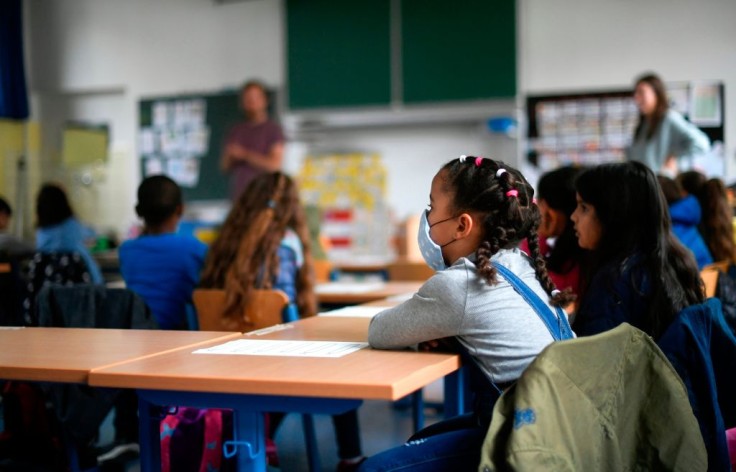
A nationwide survey revealed that twenty-six percent of American parents were dishonest about their kids' COVID-19 status, vaccination, and other related concerns.
Research published on JAMA Network Monday concluded that four out of ten adults in the country "misled others" about having COVID-19 or whether they had adhered to public health measures.
One out of four of these adults were parents who lied about their children's COVID-19 positive results, vaccination and booster details, and other related information. Fifty percent did so, believing they did what they thought was best for their young ones.
Moreover, it was also discovered that 60 percent of parents lied about the vaccination status of their unvaccinated kids because they wanted them not to miss an activity that required vaccination shots.
Forty-three percent of parents hid from others that their children had the virus so they would not miss school, while 35 percent did so because they could not afford to miss work.
The lies contributed to the spread of the infection
"Based on our study, it appears that many parents were concerned about their children missing school, and as a parent of three school-aged kids, I can understand that. Yet, at the same time, they're potentially exposing other kids to a serious illness. So, it's tricky because what you might think is best for your child might not be best for other children in the classroom," expressed Angela Fagerlin, the study's co-author and University of Utah Health's chair of population health sciences.
Another co-author, Andrea Gurmankin Levy, a professor of social sciences at Middlesex Community College in Middletown, Connecticut, explained that the dishonesty was likely due to the attempt to ease some of their parental burdens as they juggle their work responsibilities so they would not lose their jobs and manage their children. The pressure could be more intense if the kids needed to be home for quarantine.
Fagerlin, along with other researchers, concluded that the deception discovered by their study undoubtedly contributed to the transmission of the virus and might have even added to the hospitalization and death high rates, US News reported.
Further, they also suspected that some parents needed to be more fully honest with their answers to the survey questions.
There is a high possibility of "lying about lying," Fagerlin proclaimed. She believes that 26 percent is barely the minimum number of parents who chose to misrepresent their kids' COVID-19 status.
A 'serious public health challenge.'
One of the study's major recommendations was for the government to create policies and acquire technologies that will not depend on the honor system or risk privacy and confidentiality for public health protection, giving the warning that this is a "serious public health challenge."
Levy proclaimed in a released statement that the government should be doing a better job of providing support mechanisms for working parents, such as paid sick leave for family illnesses. This will be a huge help in making parents feel that they do not have to engage in dishonesty and misrepresentation when the country faces a big or bigger pandemic than COVID-19.
The study was participated by 1,733 adults in the U.S. They were asked to answer an online survey in December 2021. Follow-up research focused on the 580 participants who were parents and caregivers with children below 18 years of age living with them during the COVID-19 pandemic.
According to the New York Post, these parents and caregivers were asked about seven different types of behaviors involving misrepresentation and non-compliance to public health measures during the pandemic and whether they have done it or not.
Related Article : Mom Faces Truancy Charges After Keeping Her Kids Home Safe From COVID-19